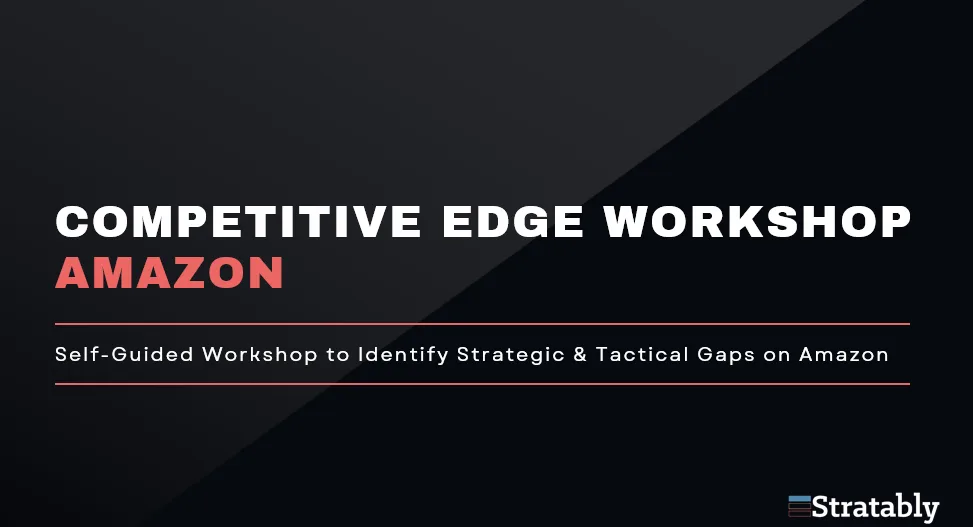This is a gated article just for members
Join the Stratably community
Access independent research on the omnichannel market
Enterprise membership unlocks:
-
Bite-sized market updates
-
Deep dive analyses
-
Industry benchmarks
-
Retailer forecasts
-
Invites to live events
-
And More!
Enterprise Membership unlocks our full insights that you and your team can use to drive alignment across your organization, improve your forecasting, and invest in the right capabilities.
Simply put, it makes your organization much more informed, providing a competitive edge over your rivals.
Already have an account?
Login Now


